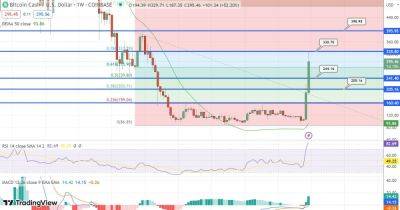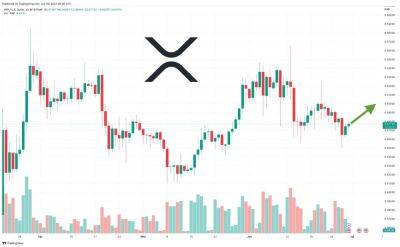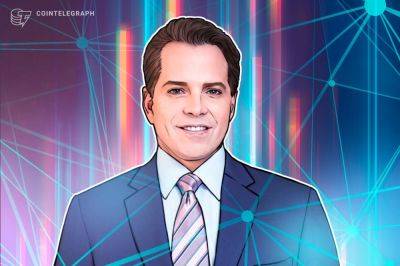4 ways ‘anchoring bias’ can hurt you financially
Humans use mental shortcuts in everyday life to help process information and make speedy decisions. But they can lead to bad choices when it comes to personal finance.
Some of those poor outcomes are the result of «anchoring bias,» which can undermine a consumer's rational thinking.
This cognitive bias causes the brain to overly rely on initial impressions or numbers to shape subsequent thoughts and judgments. In other words, that early information «anchors» future choices.
It's «the idea that you get a number stuck in your head subconsciously,» said Jennifer Itzkowitz, associate professor of finance at Seton Hall University, who has studied anchoring bias in investing. «And it influences future decision-making.»
More from Personal Finance: Your small business may qualify for a Covid-era tax credit How to tell if your company has layoffs planned It's official: Student loan payments will restart in October
Humans are more likely to default to these mental shortcuts — known as «heuristics» in psychology jargon — when confronted by complex subjects like finance, when consumers may feel overwhelmed by information, Itzkowitz said.
«You have to be aware this bias exists or you will fall prey to it daily,» said Bradley Klontz, a certified financial planner based in Boulder, Colorado, and a founder of the Financial Psychology Institute.
Here are some ways anchoring bias may play a role in your financial life.
«Anchors» can be intentional or unintentional, said Klontz, a member of CNBC's Advisor Council.
A 401(k) match can serve as an unintentional anchor. Companies choose the respective structure of their 401(k) match — and that structure may inadvertently influence a worker's savings rate.
For example, a company may opt to pay
Read more on cnbc.com




















